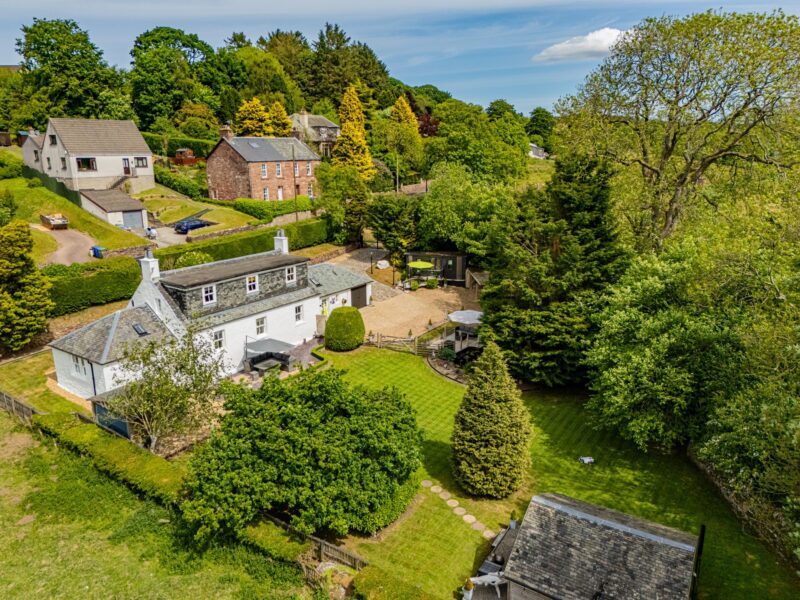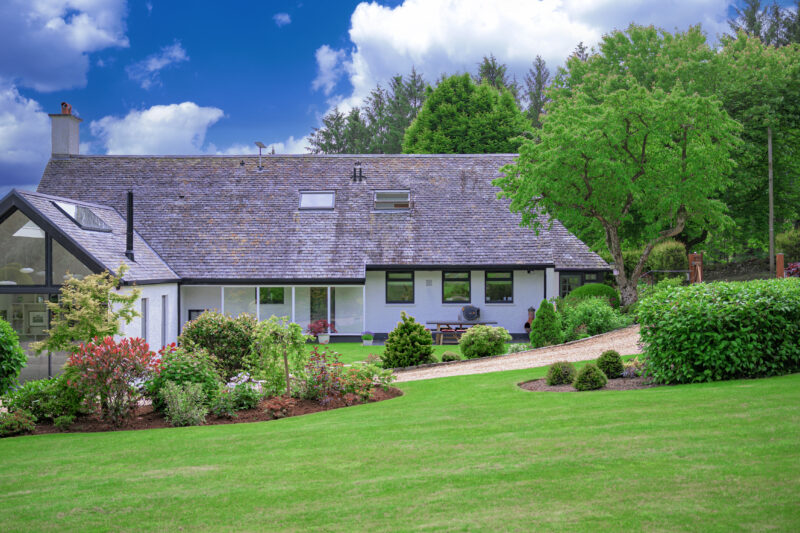
Budget 2016 Highlights for the Property Market
The Chancellor has presented his 2016 Budget to Parliament yesterday and we made a quick round up of what we consider highlights for your personal finances and the property market.
First and foremost, this budget projects to help the UK economy work on surplus by 2019-2020, in spite of the chancellor being forced to revise down his growth forecasts and admit he had missed key targets in his Budget, like debt falling as a proportion of national income and his self-imposed cap on welfare spending.
According to yesterday’s announcement in 2016, UK’s budget deficit will have been cut by almost two thirds from its peak. Over the next 4 years, George Osborne targets to eliminate the deficit so the UK will have a government running a surplus – where more tax is raised than is spent.
Here are 4 more highlights of the Budget 2016 announcement and how they are most likely to affect you:
1. Lifetime ISA
A new £4,000 ISA that you can use to save for retirement or to buy your first home
From April 2017, any adult under 40 will be able to open a new Lifetime ISA. Up to £4,000 can be saved each year and savers will receive a 25% bonus from the government on this money. Money put into this account can be saved until you are over 60 and used as retirement income, or you can withdraw it to help buy your first home. The total amount you can save each year into all ISAs will also be increased from £15,240 to £20,000 from April 2017.
2. New tax allowances for money earned from the sharing economy
From April 2017, there will be two new tax-free £1,000 allowances – one for selling goods or providing services, and one income from property you own. People who make up to £1,000 from occasional jobs – such as sharing power tools, providing a lift share or selling goods they have made – will no longer need to pay tax on that income. In the same way, the first £1,000 of income from property – such as renting a driveway or loft storage – will be tax free.
3. Capital Gains Tax
Capital Gains Tex rates will be cut from 6 April 2016, but residential property will still be taxed at current rates
Capital Gains Tax is a tax on the gain you make when you sell something (an ‘asset’) that has gone up in value. It is paid at a basic or higher rate depending on the rate of Income Tax you pay.
From April 2016, the higher rate of Capital Gains Tax will be cut from 28% to 20% and the basic rate from 18% to 10%.
There will be an additional 8 percentage point surcharge to be paid on residential property and carried interest (the share of profits or gains that is paid to asset managers).
Capital Gains Tax on residential property does not apply to your main home, only to additional properties (for example a flat that you let out).
4. New stamp duty rates for commercial property from 17 March 2016
The way stamp duty on freehold commercial property and leasehold premium transactions is calculated will change. Currently, these rates apply to the whole transaction value. From 17 March 2016 the rates will apply to the value of the property over each tax band.
The new rates and tax bands will be 0% for the portion of the transaction value up to £150,000; 2% between £150,001 and £250,000, and 5% above £250,000.
Buyers of commercial property worth up to £1.05 million will pay less in stamp duty.
Stamp duty rates for leasehold rent transactions will also change, with a new 2% stamp duty rate on leases with a net present value over £5 million.
For a detailed look through the budget you can visit the Gov.co.uk webpage here.
Maximise your property value or discover your perfect home, with Scotland’s foremost independent estate agency. Properties gain more exposure with Clyde Property, thanks to our extensive network of branches across Central Scotland. Both sellers and buyers receive an unrivalled service from our knowledgeable local property experts and in our 27 years in business, we’ve consistently achieved the best results for our customers. Contact our branches for a free market appraisal or watch our Clyde.TV for the latest local property market trends.








